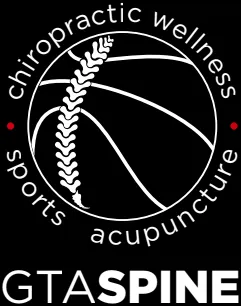What is Vertigo
Vertigo is a condition that affects your ability to maintain equilibrium, causing dizziness, unsteadiness, or difficulty standing and walking. It can interfere with daily activities and increase the risk of falls. Vertigo may stem from issues with your inner ear, nervous system, or musculoskeletal system.
Common Causes
Vertigo can arise from a variety of factors, including:
- Inner ear problems (e.g., vestibular dysfunction, Meniere’s disease)
- Head injuries or concussions
- Neurological conditions (e.g., Parkinson’s disease, multiple sclerosis)
- Age-related changes in balance mechanisms
- Medications affecting the inner ear or brain function
- Muscle weakness or joint stiffness
Symptoms of Vertigo
If you experience any of the following symptoms, it may indicate vertigo:
- Dizziness
- Feeling unsteady or off-balance
- Blurred vision during movement
- Nausea or vomiting
- Difficulty walking in a straight line
- Frequent falls or fear of falling
When to See a Specialist
Consult a specialist, such as a physiotherapist, when you’ve had the following experiences or observations:
- Your daily life is impacted by dizziness or imbalance.
- You’ve had a recent injury, surgery, or illness affecting your mobility.
- Your symptoms persist for more than a few days without improvement.
Seeking professional help early can prevent complications and help you regain control of your movements.
How Can a Physiotherapist Help Treat Vertigo?
At GTA Spine, our physiotherapists take a comprehensive approach to addressing vertigo by:
- Assessment: Thoroughly evaluate your balance, strength, and coordination.
- Personalized Exercises: Creating a tailored exercise program to improve stability and reduce symptoms.
- Vestibular Rehabilitation: Targeting inner ear dysfunction with specific techniques.
- Mobility Training: Helping you regain confidence in walking and performing daily activities safely.
Our goal is to restore your independence and reduce the risk of falls.
